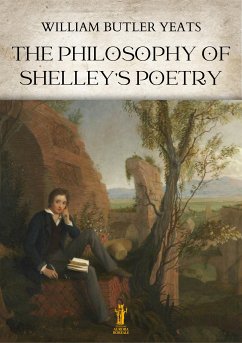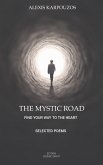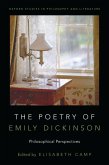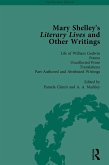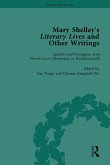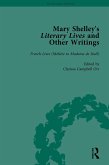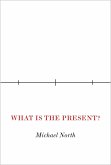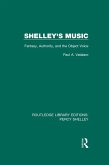William Butler Yeats (1865-1939) was an Irish poet, dramatist, writer and initiate, and one of the foremost figures of 20th-century literature. He was a driving force behind the Irish Literary Revival, and along with Lady Gregory founded the Abbey Theatre, serving as its chief during its early years. He was awarded the 1923 Nobel Prize in Literature, and later served two terms as a Senator of the Irish Free State. Considered one of the key English-language poets, Yates was a Symbolist, using allusive imagery and symbolic structures throughout his career. He chose words and assembled them so that, in addition to a particular meaning, they suggest abstract thoughts that may seem more significant and resonant. His use of symbols is usually something physical that is both itself and a suggestion of other, perhaps immaterial, timeless qualities. The Yeats' essay The Philosophy of Shelley's Poetry, written in 1900, was included in 1903 in the collection of Yeats' non-fiction works and essays Ideas of Good and Evil, published in London by A.H. Bullen. It is one of the great Irish author's masterpieces of literary criticism. In it Yeats does not limit himself to analyzing the magic, charm and philosophy of Percy Bysshe Shelley's poetry, but also manages to read these characteristics through his profound knowledge of symbols and archetypes, derived from his lifelong membership of The Hermetic Order of the Golden Dawn, a secret society dedicated to the study and practice of occult Hermeticism and metaphysics.
Dieser Download kann aus rechtlichen Gründen nur mit Rechnungsadresse in A, B, BG, CY, CZ, D, DK, EW, E, FIN, F, GR, HR, H, IRL, I, LT, L, LR, M, NL, PL, P, R, S, SLO, SK ausgeliefert werden.

